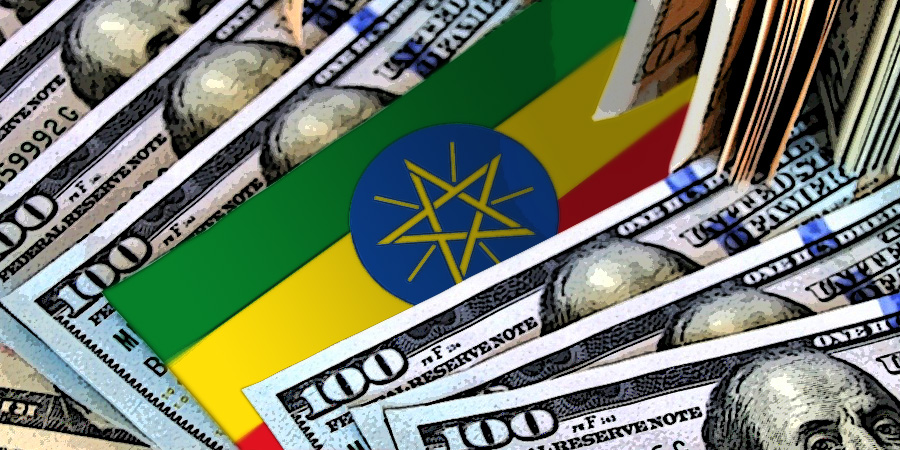Ethiopia opens banking sector to foreign investment in major economic shift

Ethiopia’s government has announced a major liberalization of its banking sector, paving the way for foreign ownership, partnerships, and new branches, a move anticipated to transform the East African nation’s financial landscape.
The recent approval of legislation enabling foreign banks to operate in Ethiopia has already drawn significant interest from banking giants in Kenya, Morocco, and the United Arab Emirates.
“One of Africa’s largest and least-tapped banking markets, Ethiopia’s decision will reshape its financial sector by injecting capital, innovation, and competition into the economy,” said Mamo Meheretu, Governor of the National Bank of Ethiopia, speaking to local media on Monday.
This banking liberalization is a key component of Ethiopia’s broader economic reforms, which have gained substantial backing from a $3.4 billion bailout by the International Monetary Fund (IMF) approved in July.
The IMF package followed Ethiopia’s shift toward a more flexible currency exchange system as it seeks to attract foreign investment and ease long-standing shortages of foreign currency.
Since this shift, Ethiopia’s currency, the birr, has depreciated by around a third against the US dollar.
Though concerns over inflation persist, the birr’s devaluation has been managed more effectively than anticipated.
Ethiopia’s move from a quantity-based monetary policy to an interest rate-based approach has empowered the National Bank of Ethiopia (NBE) to keep inflation in check.
Currently, interest rates are set at 15%, which is expected to stabilize inflation and support Ethiopia’s economic transformation.
Governor Meheretu stressed the importance of maintaining a stringent monetary policy to safeguard the birr’s value and manage inflation, which has dropped from 33.9% in 2023 to 17.5% by September 2024.
He also highlighted the rapid increase in Ethiopia’s foreign currency reserves, which surged by 152%, and a 60% rise in remittances through the Commercial Bank of Ethiopia compared to the previous year.
These gains underscore Ethiopia’s strengthening financial system, positioning it to support the nation’s ambitious economic goals.
Ethiopia’s financial sector reform signals a new chapter in its economy, offering a foundation for sustainable growth and greater integration into the global financial market.
About The Author
dailymailafric
I am an avid African news observer, and an active member of Daily Mail Africa.
I’m Passionate about staying informed on diverse topics across the continent,
I actively contribute to publishing on political, economic and cultural developments in Africa.



